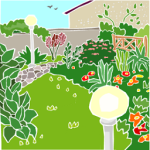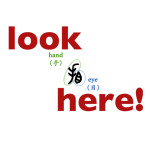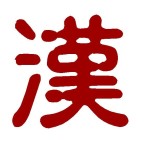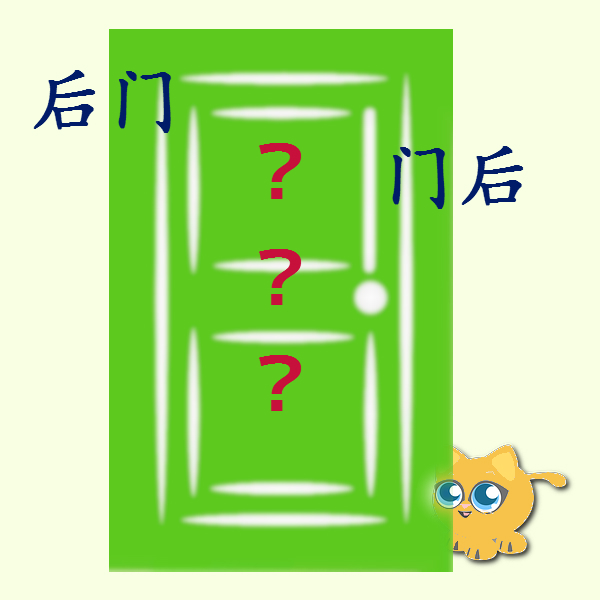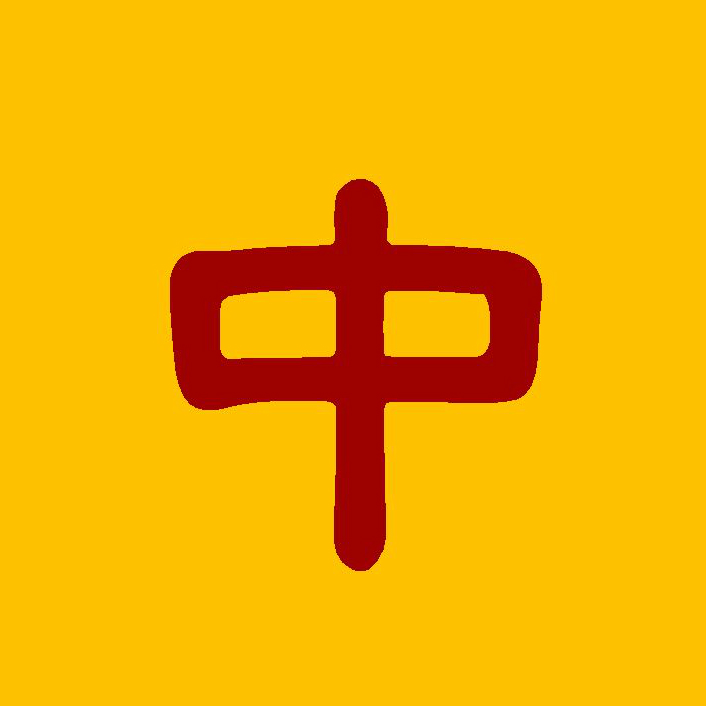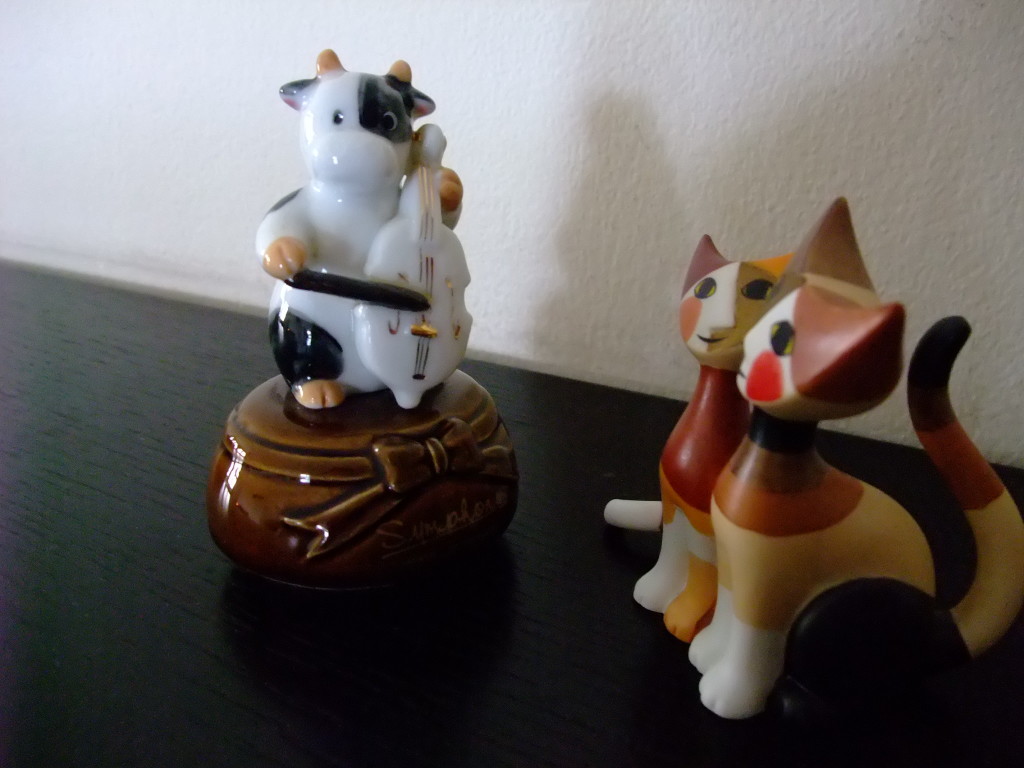Let’s Practise! – 练习练习吧 (Mandarin Verb Reduplication)
Did you get the answer to the quiz in the last post?
The question was the title of the post itself. What does “调调琴 种种花 练练调” mean, and how should you pronounce it?
Here’s the answer:
01 tiao2qin zhong2hua lian2diao
tiáotiao qín
调调琴
zhòngzhong huā
种种花
liànlian diào
练练调
Did you guess it right? What about the meaning? Sit tight, there’s gonna be quite a bit of grammar today!
Well, first of all, the reduplicated words in this phrase are all verbs. Let’s first take a look at the basic meaning of the verbs and their objects.
tiáo qín
调琴 – to play an instrument
zhòng huā
种花 – to grow flowers
liàn diào
练调 – to practise the tones
Next let’s move on to the use of verb reduplication. The Chinese language uses a lot of reduplications, which sometimes can be quite hard to translate into English. In verb reduplication, usually the following meanings are conveyed:
① to have a try at something
② to do something briefly or quickly
③ to do something casually
Usually they can be translated as “~ a little bit”, “~ a while”. Instead of reduplicating, you can also use “一下”(yíxià) after the verb. That is, instead of “V+V”, we have “V+一下”. You probably have heard of the phrase “等一下” (děng yíxià), meaning to wait a while.
What patterns can we have with reduplicated verbs? Here’s the breakdown and explanations.
Let’s try and make some sentences with the verbs above.
1)
Zhè jiàn yīfu zěnmeyàng? Nǐ kànkan.
这件衣服怎么样?你看看。
What do you think of this dress? Take a look.
10 zhe jian yifu
2)
Lèi le, xiūxixiūxi ba.
累了,休息休息吧。
(I am/ We are) tired. Let’s have a rest.
11 lei le
3)
Zhōumò, wǒ xǐhuan sànsan bù, yóuyou yǒng, fàngsōngfàngsōng.
周末我喜欢散散步,游游泳,放松放松。
At weekends, I like to relax by going for walks and swimming.
12 zhoumo
And finally back to the quiz proper! Well, “调调琴 种种花 练练调” translated to English would be something like “play some tunes, grow some flowers, practise a little bit of tones”. Nothing complex or profound, just another word play!
By the way, verb reduplication has another use – it softens the tone and makes requests sound more polite and less formal, so you don’t come across as brusque or trying to command others. So for example, compared to “你看” (nǐ kàn) and “休息吧” (xiūxi ba), “你看看” (nǐ kànkan) and “休息休息吧” (xiūxixiūxi ba) sound milder.
So, how about putting verb reduplication into some practice?
练习练习吧 (liànxíliànxí ba)!

